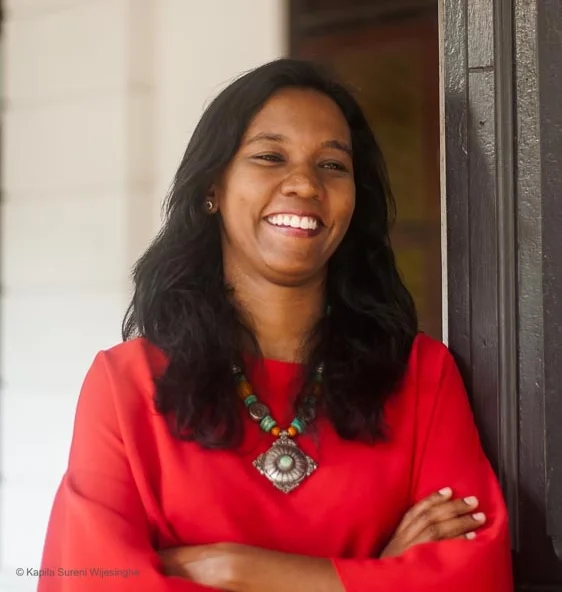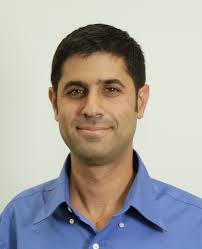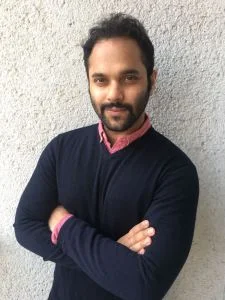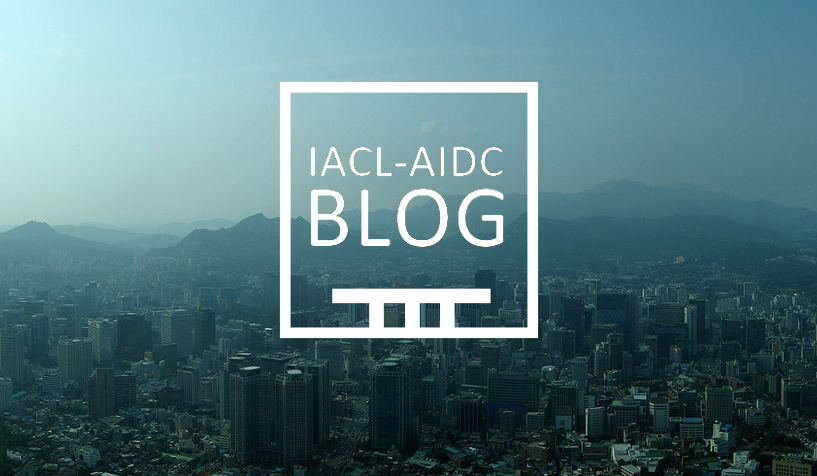Part I: Is the institutional crisis in Italy over? Surely a storm, maybe indicating a climate change
/Giovanni Piccirilli
Italy is facing one of the deepest constitutional crisis in its recent history, which did not come out of the blue. And the appointment of the Government led by Giuseppe Conte, eventually occurred on 1 June 2018, does not necessarily represent its conclusion.
Read More













![Xx1088_-_Seoul_city_nightscape_during_1988_Paralympics_-_3b_-_Scan [test].jpg](https://images.squarespace-cdn.com/content/v1/5af3f84a4eddec846552ea29/1527486925632-3VZP3ASLAHP1LJI0D9NJ/Xx1088_-_Seoul_city_nightscape_during_1988_Paralympics_-_3b_-_Scan+%5Btest%5D.jpg)
